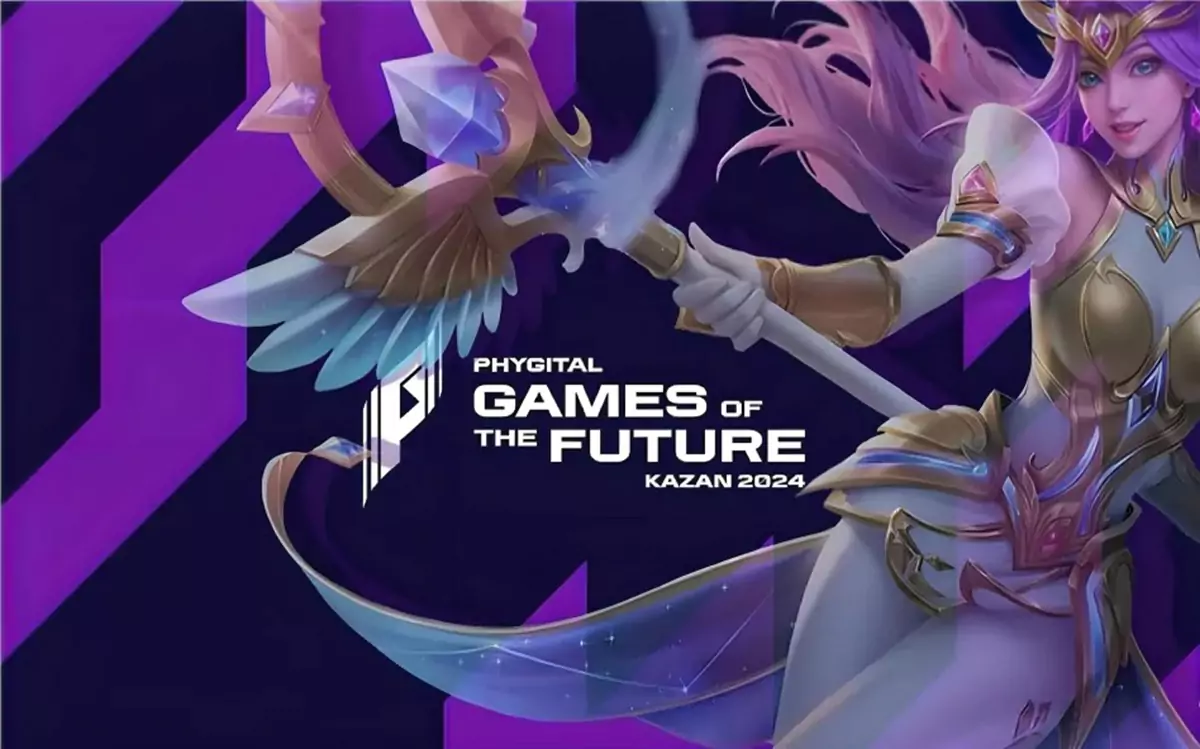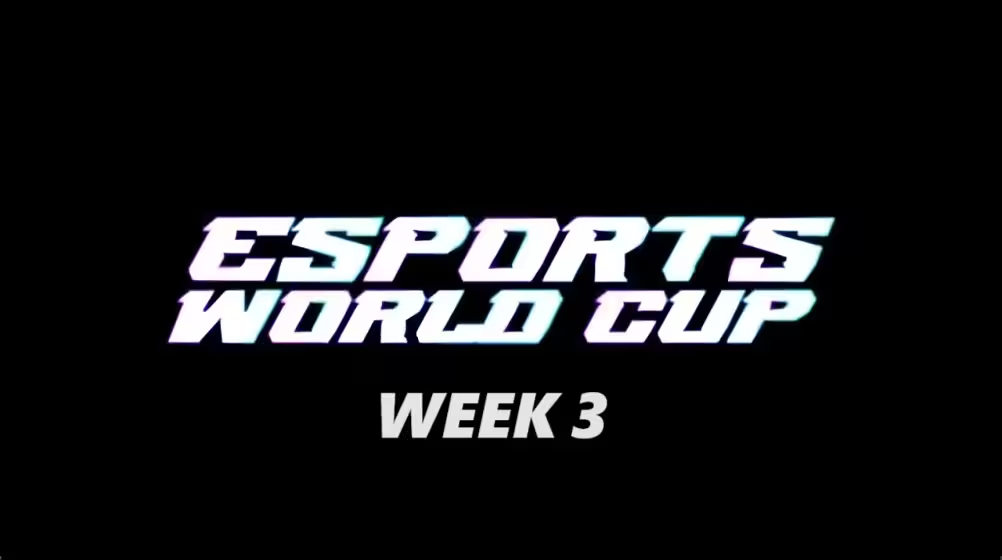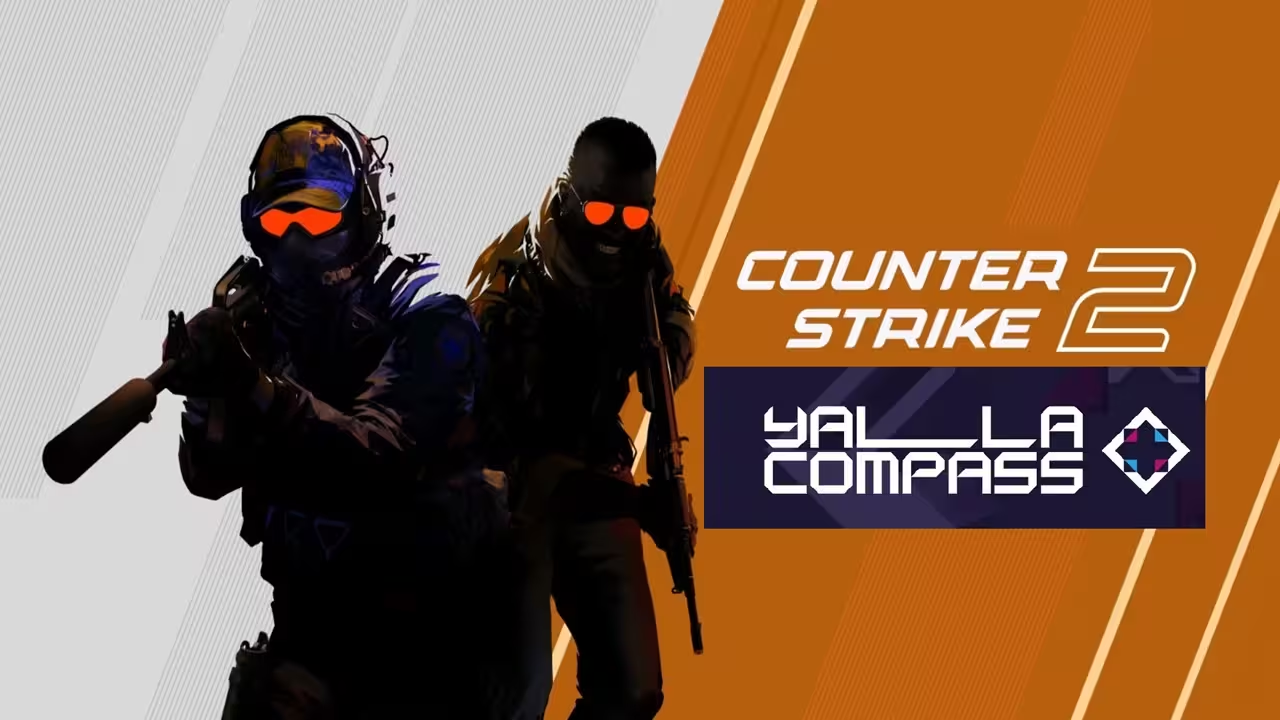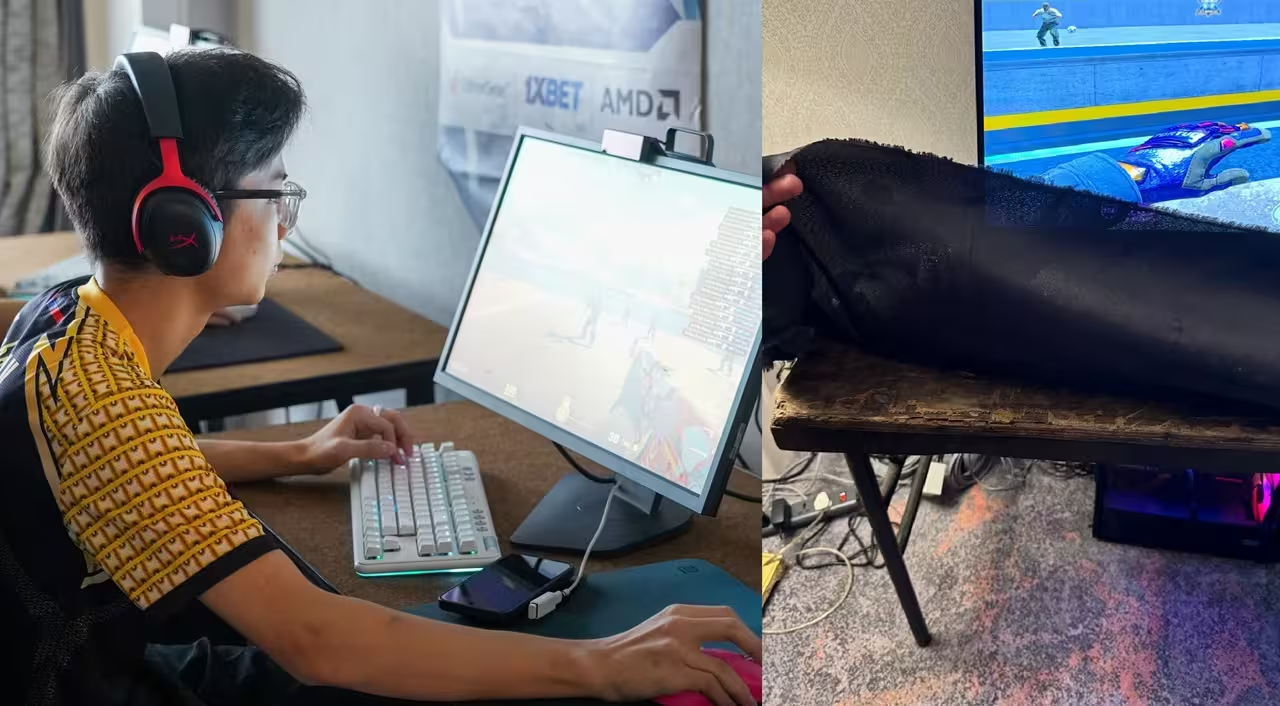From February 19th, Russia is hosting a highly controversial experimental esports tournament called ‘Games of the Future’.
With a massive $10 million prize pool and backing from the highest levels of government, the event is generating heated debate within the international esports community.
What is Games of the Future?
Games of the Future is a government-funded tournament blending esports with physical sports – PHYGITAL and emerging technologies like VR.
Scheduled for February 19th-March 3rd in Kazan, it will feature competitions in Dota 2, CS2, Mobile Legends, and more.
The $58 million project is the brainchild of Russian Deputy PM Dmitry Chernyshenko.
China originally agreed to participate, but its current involvement is unclear.
President Putin personally approved funding and signed the event into law in December 2023.
Why is the Russian government pushing this event?
The event was announced in 2021 by Deputy Prime Minister Dmitry Chernyshenko as an alternative to the Olympic establishment, which has penalized Russia over doping scandals.
It’s funded with nearly $60 million from the Russian government and has direct support from President Vladimir Putin himself.
Sources suggest Russia wants to use Games of the Future to create a new sports movement where it can’t be excluded or “thrown out.”
With many global sporting events distancing themselves from Russia, this tournament allows the country to flex its soft power in the esports world.
It also builds economic and cultural ties with China, which pledged cooperation and participation.
Which teams are attending (and which aren’t)?
Despite the controversy, over 150 players from 17 countries registered for the $1 million Mobile Legends tournament alone.
Attendees include esports organizations from North America, South America, Southeast Asia, the Middle East, and more.
However, some Western teams like Heroic and Nouns have withdrawn over ethical concerns.
Others reportedly declined invitations, wary of the optics of participating in a Russian state-backed event amid the ongoing Ukraine war.
Big-name sponsors may want to avoid the reputational risks as well.
What are the legal risks for participants?
Beyond reputation, there are real legal hazards around Games of the Future.
Most notably, it appears to be operating without licenses from major game publishers like Riot and Valve.
A proposed Russian law could allow the tournament to bypass these intellectual property restrictions.
For teams from sanctioned countries like the US and EU, additional regulations create hurdles around receiving prize money from Russian entities.
While attending itself may not violate sanctions, the financial logistics (transferring money from Russia to another country or vice versa) are extremely complicated now (as major payment gateways like Swift, Visa, Mastercard, American Express, and PayPal are banned in Russia).
Is this the future of government esports involvement?
Russia’s direct funding and promotion of Games of the Future mirrors a growing trend of state-sponsored esports initiatives.
Saudi Arabia has recently announced an annual esports World Cup, while other governments like Qatar, India, and Brazil have made strategic moves in gaming and esports.
Some welcome greater government support as a sign of esports’ mainstream recognition.
But others worry about more authoritarian regimes using esports as “sportswashing” propaganda.
Games of the Future will likely intensify this debate around state esports sponsorship versus ethics.
Source: Esports Insider
Discover more from Gaming Foodle
Subscribe to get the latest posts sent to your email.





